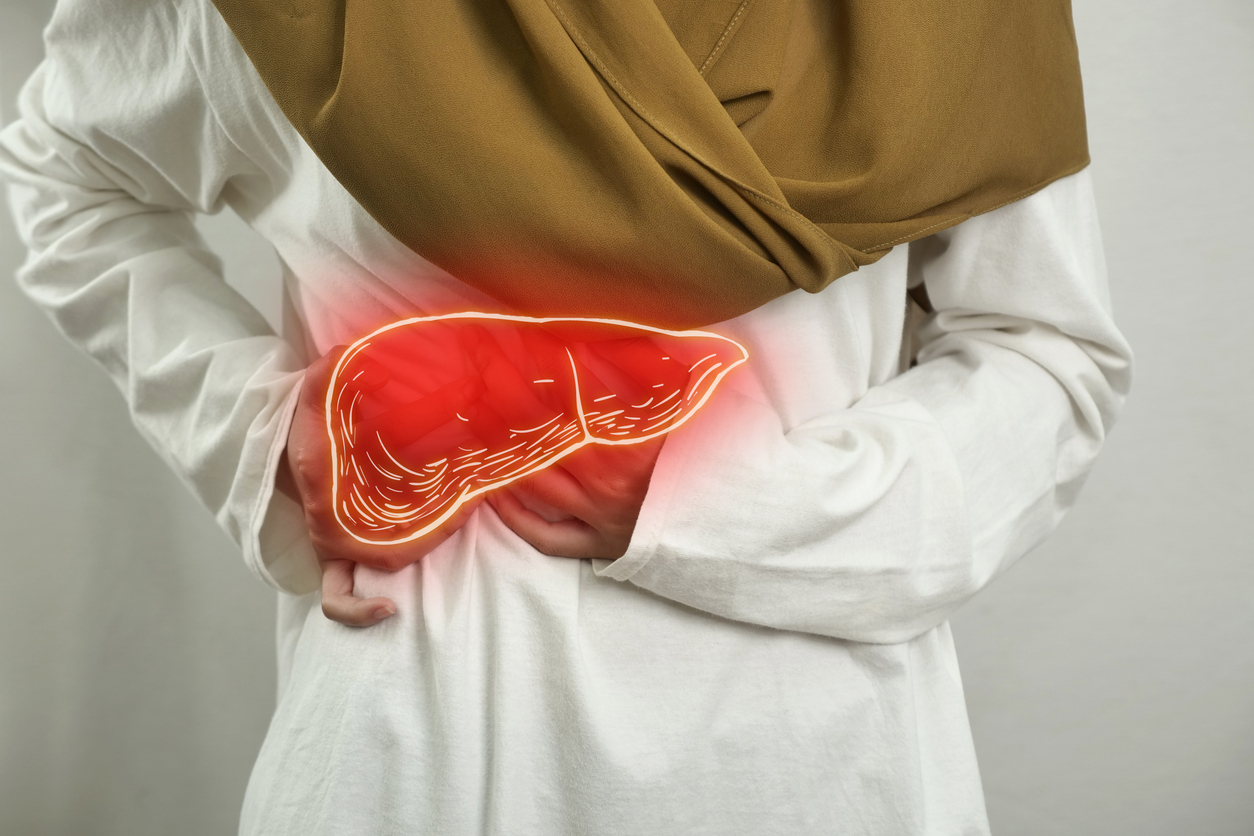2025-11-25
Nutrition: a hidden ally in cancer treatments?
Oncology
By Ana Espino | Published on November 25, 2025 | 3 min read
Cancer treatment, whether based on chemotherapy, radiotherapy, or immunotherapy, is frequently associated with gastrointestinal side effects. These digestive symptoms have a direct impact on patients’ nutritional status and may compromise the effectiveness of oncological treatments.
Conventional approaches aimed at reducing these side effects rely mainly on symptomatic medications (antiemetics, antidiarrheals, etc.), but they have limitations, including partial effectiveness, tolerance issues, or lack of response in some patients. In addition, nutritional management is often underused or poorly integrated into standard oncology protocols.
The main challenges include the lack of clear recommendations, the interindividual variability of symptoms, and the difficulty in demonstrating the isolated effectiveness of nutritional interventions within a complex clinical context.
The aim of this narrative review is therefore to examine the existing evidence on the use of nutritional interventions in managing digestive symptoms induced by cancer treatments, and to identify practical strategies that can be integrated into routine clinical practice.
This review focuses on adult patients undergoing cancer treatment, with a particular emphasis on nutritional interventions used to reduce digestive symptoms induced by chemotherapy or radiotherapy. The approaches explored include dietary adjustments (texture modification, low-FODMAP diets, fiber intake), targeted oral supplementation (glutamine, probiotics, omega-3 fatty acids, antioxidants), as well as the use of functional foods.
The findings show that certain nutritional interventions can reduce the severity of digestive disorders. Glutamine appears to reduce mucositis, probiotics help limit post-radiotherapy diarrhea, and low-FODMAP or fiber-enriched diets improve intestinal symptoms. The addition of omega-3 fatty acids may also play an anti-inflammatory role. However, the studies are often small, heterogeneous, and poorly standardized, which limits the generalizability of the results. The effectiveness of these interventions therefore remains promising but still needs confirmation through more robust clinical trials.
Digestive symptoms induced by anticancer treatments remain frequent, debilitating, and often underestimated in terms of their nutritional and functional impact. Their management represents a real clinical challenge, as pharmacological treatments alone do not always provide adequate control.
In this context, this study aims to explore existing data on effective nutritional interventions in order to identify concrete solutions that can be incorporated into the care of patients with cancer.
The results of this review indicate that certain targeted nutritional strategies may play a significant role in reducing gastrointestinal symptoms and improving patients’ quality of life. Nonetheless, this review has limitations that highlight the need for further research. Larger, more rigorous, and more targeted clinical trials will be needed to confirm the effectiveness of nutritional interventions depending on cancer type and treatment modality. It is also essential to better integrate dietitians and nutrition specialists into care teams to provide more comprehensive and personalized patient management.
About the author – Ana Espino
As a scientific writer, Ana is passionate about bridging the gap between research and real-world impact. With expertise in immunology, virology, oncology, and clinical studies, she makes complex science clear and accessible. Her mission: to accelerate knowledge sharing and empower evidence-based decisions through impactful communication.
Cancer treatment, whether based on chemotherapy, radiotherapy, or immunotherapy, is frequently associated with gastrointestinal side effects. These digestive symptoms have a direct impact on patients’ nutritional status and may compromise the effectiveness of oncological treatments.
Conventional approaches aimed at reducing these side effects rely mainly on symptomatic medications (antiemetics, antidiarrheals, etc.), but they have limitations, including partial effectiveness, tolerance issues, or lack of response in some patients. In addition, nutritional management is often underused or poorly integrated into standard oncology protocols.
The main challenges include the lack of clear recommendations, the interindividual variability of symptoms, and the difficulty in demonstrating the isolated effectiveness of nutritional interventions within a complex clinical context.
The aim of this narrative review is therefore to examine the existing evidence on the use of nutritional interventions in managing digestive symptoms induced by cancer treatments, and to identify practical strategies that can be integrated into routine clinical practice.
What is the real value of nutrition in managing side effects?
This review focuses on adult patients undergoing cancer treatment, with a particular emphasis on nutritional interventions used to reduce digestive symptoms induced by chemotherapy or radiotherapy. The approaches explored include dietary adjustments (texture modification, low-FODMAP diets, fiber intake), targeted oral supplementation (glutamine, probiotics, omega-3 fatty acids, antioxidants), as well as the use of functional foods.
The findings show that certain nutritional interventions can reduce the severity of digestive disorders. Glutamine appears to reduce mucositis, probiotics help limit post-radiotherapy diarrhea, and low-FODMAP or fiber-enriched diets improve intestinal symptoms. The addition of omega-3 fatty acids may also play an anti-inflammatory role. However, the studies are often small, heterogeneous, and poorly standardized, which limits the generalizability of the results. The effectiveness of these interventions therefore remains promising but still needs confirmation through more robust clinical trials.
Better nutrition for better treatment tolerance?
Digestive symptoms induced by anticancer treatments remain frequent, debilitating, and often underestimated in terms of their nutritional and functional impact. Their management represents a real clinical challenge, as pharmacological treatments alone do not always provide adequate control.
In this context, this study aims to explore existing data on effective nutritional interventions in order to identify concrete solutions that can be incorporated into the care of patients with cancer.
The results of this review indicate that certain targeted nutritional strategies may play a significant role in reducing gastrointestinal symptoms and improving patients’ quality of life. Nonetheless, this review has limitations that highlight the need for further research. Larger, more rigorous, and more targeted clinical trials will be needed to confirm the effectiveness of nutritional interventions depending on cancer type and treatment modality. It is also essential to better integrate dietitians and nutrition specialists into care teams to provide more comprehensive and personalized patient management.
Read next: Plant-based diets and disease progression in men with prostate cancer
About the author – Ana Espino
PhD in Immunology, specialized in Virology

Last press reviews
Liver, sugar, and pills: who's in control?

By Ana Espino | Published on February 4, 2026 | 3 min read<br>
Endometrial cancer: Is PARP bringing new hope?

By Ana Espino | Published on February 3, 2026 | 3 min read<br>
